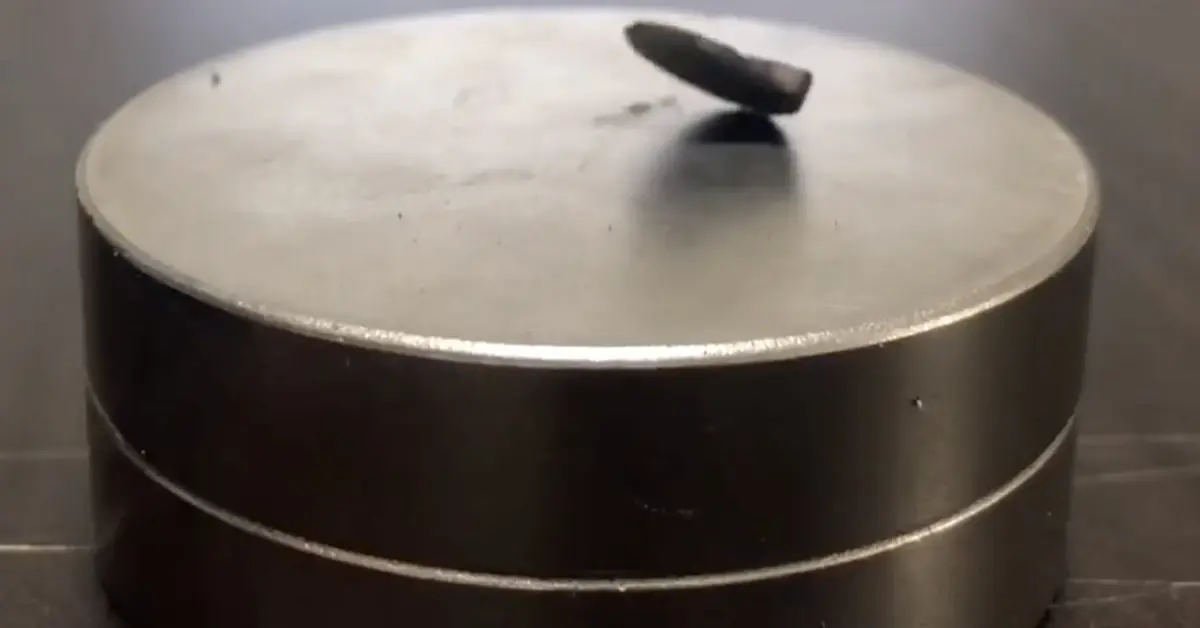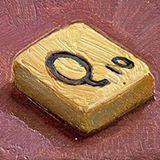LK-99 has been touted as a potential room-temperature superconductor that could revolutionize fields like energy and transportation. However, many experts are skeptical as the initial research papers have not been peer-reviewed and contain inconsistencies and imprecisions. Early attempts to replicate LK-99 have had mixed results, with some samples showing signs of diamagnetism but not conclusively proving superconductivity. Even if LK-99 does turn out to be a room-temperature superconductor, significant challenges around manufacturing and engineering would remain before it could be utilized in real-world applications. Many experts believe that more incremental improvements to existing superconductors may be a more practical path forward for now.
wow, man. like, such a load of buzzkilling stuffed shirts.
when I finish work on my finite improbability generator, hook it up to a Bambleweeny 57 Sub-Meson Brain (with integrated atomic vector plotter) and fire it up with a nice hot cup of tea, these respectable physicists are definitely not invited to the party – no matter what the hostess says.
Here’s what the experts think:
-
Condensed Matter Theory Center of the University of Maryland about the original paper:
“Physics” being presented in these unrefereed preprints is a travesty. The original paper has no obvious SC transition and the T< T_c resistivity is 100 times that of Cu. Southeast also has no transition, just instrumental artifacts. What is the goal here? No one can fool nature
-
Condensed Matter Theory Center of the University of Maryland about a claimed replication:
Very helpful @QM_phys_kyoto (thans) points out that Southeast may have drawn their figure misleadingly. On a linear scale, there seems to be no transition, very disappointing and not a good sign since the artifact also looms large
CMTC has high standards and we are exhausted

-
Even if LK-99 does turn out to be a room-temperature superconductor, significant challenges around manufacturing and engineering would remain before it could be utilized in real-world applications.
This part seems irrelevant for this story. Of course there are going to be challenges and unknowns about taking a lab experiment to mass scale production. That is true of literally every thing that may eventually become mass produced.
What’s interesting about LK-99 is not whether this particular room temperature superconductor would be useful. It’s about proving that any such material is possible to exist. That would ignite a huge effort to discover why, which will lead to the development of other, better materials. Some of which will be scalable and affordable, most likely, given enough research time.
But until we know it’s possible, why spend all of that effort? The first discovery on the edges of science are almost always most important as a signal that research is headed in the right general direction.




